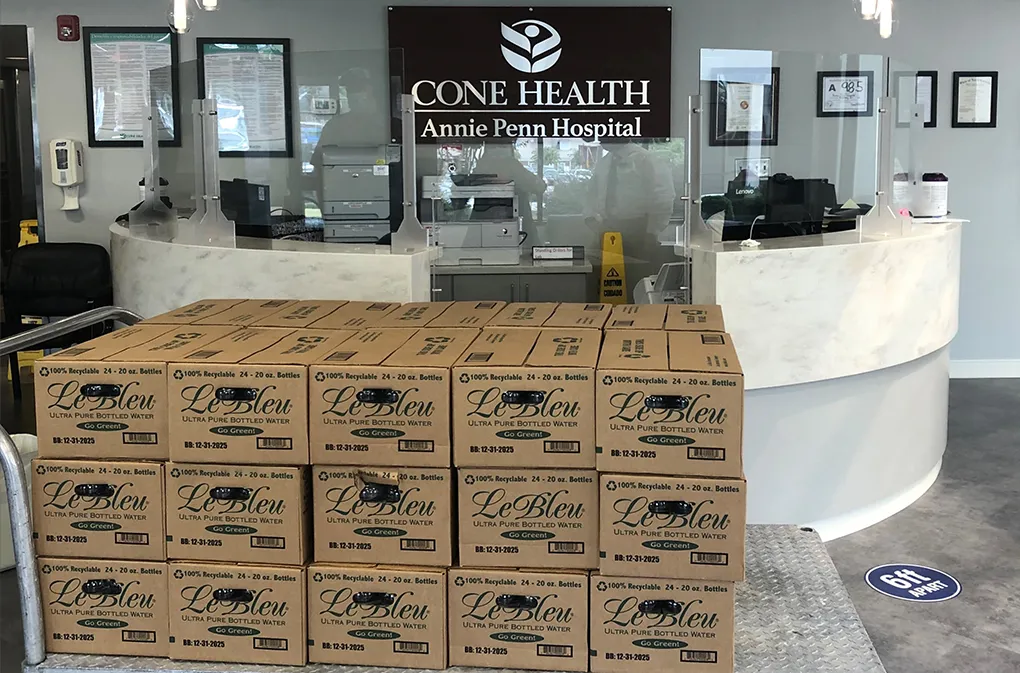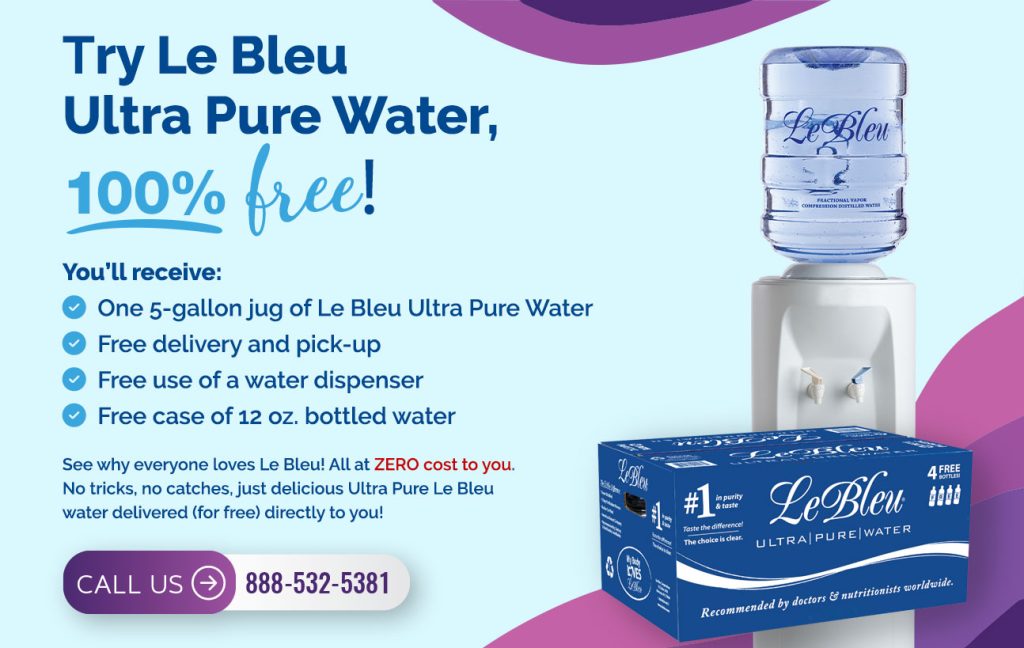Where would you be in an emergency without water? Water supply interruption can be caused by several types of events, such as natural disasters, a failure of the community water system, construction damage, supply chain interruption, or even an act of terrorism. These scenarios are becoming more common, and it is more likely than ever that you could be impacted by a water supply interruption.

Emergency Water Preparation for Homes
In an emergency situation, homeowners will need water for drinking, personal hygiene, and any first aid or medical purposes. People with compromised health issues can experience significant health risks within 4 hours without water. Emergency preparation officials recommend that homeowners stock a 3–5-day supply of water in the event of an emergency. Most experts agree that you should have 1 gallon per person per day. Half of that water is intended for drinking, while the other half is for sanitation and hygiene. It is best to keep these supplies in a cool, safe separate area that will not be used for everyday water needs and will be kept safe for emergencies. It is a good idea to purchase these supplies far ahead of any problem since, during an emergency, the inventory of critical supplies will run low or disappear.
Emergency Water Preparation for Health Care Facilities
Health Care facilities such as hospitals, retirement homes, and urgent care centers are required by law to carry emergency water for the safety of the people under their care. This emergency water must be stored on-site and be in a format that enables easy distribution in the event of an emergency. Below are a few examples of critical water usage in a healthcare facility that could be impacted by a water outage. Water may not be available for:
- hand washing and hygiene
- drinking at faucets and fountains
- food preparation
- flushing toilets and bathing patients
- laundry and other services provided by central services (e.g., cleaning and sterilization of
surgical instruments) - reprocessing of medical equipment (e.g., endoscopes, surgical instruments, and accessories)
after use on a patient - patient care (e.g., hemodialysis, hemofiltration, extracorporeal membrane oxygenation,
hydrotherapy) - fire suppression sprinkler systems
- water-cooled medical gas and suction compressors (a safety issue for patients on ventilation)
- decontamination/hazmat response
Le Bleu is the Ideal and Best Emergency Water
Le Bleu water is distilled pure through a propriety five-step process that removes all contaminants in our water. In independent laboratory tests, Le Bleu is tested pure to parts per trillion. Because of this purity, the FDA does not require Le Bleu to carry an expiration date. Other waters are required to carry an expiration date which is usually 6 months because of the organic contaminants in their water that decay over time. Since Le Bleu has no expiration date, it can be stored safely for long periods of time. Le Bleu’s purity and long shelf-life make it the ideal emergency water. We are the leading emergency water supplier in North and South Carolina. We serve many hospitals, retirement homes, emergency care centers, and disaster relief organizations.
Contact Le Bleu today to discuss your emergency water needs. Call us at 888.532.5381 or email us at info@LeBleuEnterprises.com.

